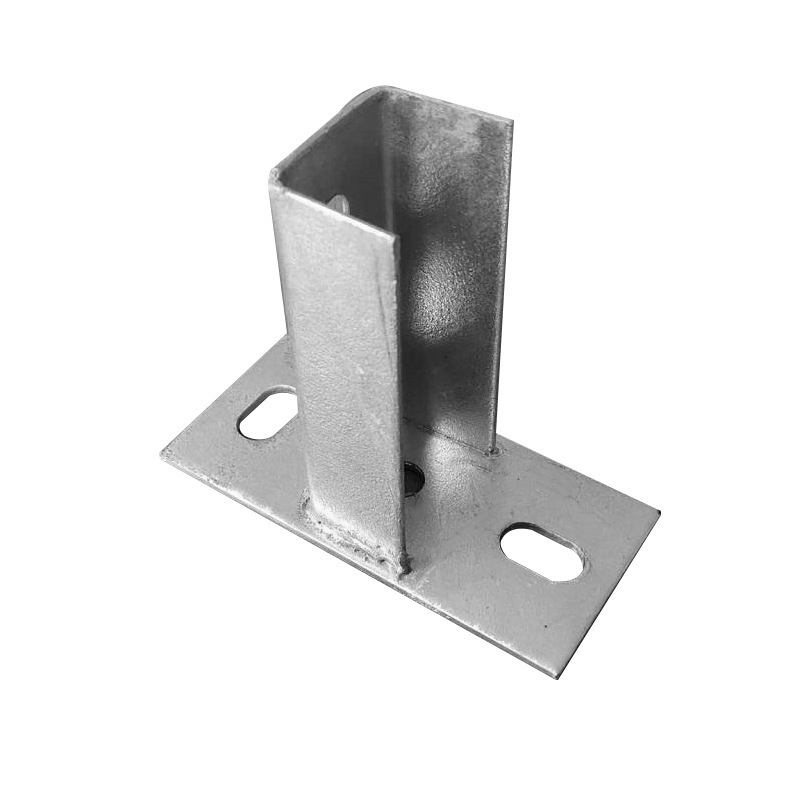

Exploring Various Types of Fasteners for Different Applications and Industries
Dec . 25, 2024 02:31 Back to list
Exploring Various Types of Fasteners for Different Applications and Industries
Understanding Fastener Types A Comprehensive Guide
Fasteners are essential components in the construction and manufacturing sectors, playing a crucial role in holding materials together effectively. They come in various shapes, sizes, and materials, each designed to serve specific functions. In this article, we will explore the most common fastener types, their applications, and considerations when choosing the right one for your project.
1. Screws
Screws are among the most widely used fasteners. They feature a threaded shaft and are designed to be driven into materials such as wood, metal, and plastic. The simplicity and effectiveness of screws make them a preferred choice for many applications. There are numerous types of screws, including wood screws, machine screws, and self-tapping screws. Wood screws are specifically designed for use in wooden materials, while machine screws connect metal parts together. Self-tapping screws create their own hole by cutting into the material, making them highly versatile.
2. Bolts
Bolts are similar to screws but are typically used in conjunction with a nut. They consist of a head and a threaded shaft and are primarily designed for heavy-duty applications. Commonly used in construction and machinery, bolts provide strong connections for structural assemblies. The most popular types of bolts include hex bolts, carriage bolts, and lag bolts. Hex bolts have a six-sided head, allowing for easier torque application, while carriage bolts have a rounded head and are often used in wood applications.
3. Nuts
Nuts are hexagonal fasteners that are paired with bolts to create a secure connection. They are available in various sizes and materials, making them compatible with different bolts. The most common types include hex nuts and lock nuts. Hex nuts are standard, while lock nuts provide additional security by preventing loosening due to vibrations or movement. When using nuts, it is essential to ensure that they match the bolt's specifications to maintain optimal strength and reliability.
fastener types

4. Washers
Washers are flat discs that are used to distribute load, reduce friction, and prevent wear on surfaces. They are used in conjunction with bolts and nuts to enhance the integrity of a fastened joint. There are several types of washers, including flat washers, spring washers, and lock washers. Flat washers are used to provide a smooth surface, while spring washers add tension and help absorb shock. Lock washers, on the other hand, are designed to prevent loosening of fasteners due to vibration.
5. Rivets
Rivets are permanent fasteners that are typically used to join two or more materials together. They are commonly found in structural applications, such as bridges and aircraft construction. When installed, a rivet is deformed on one end to create a secure joint. The two primary types of rivets are solid rivets and blind rivets. Solid rivets require access to both sides of the materials being joined, while blind rivets can be installed from one side, making them ideal for tight spaces.
6. Anchors
Anchors are specialized fasteners that provide a secure hold in materials such as concrete or masonry. They are essential for applications requiring a stable attachment point, such as in construction or installation of fixtures. Common types include expansion anchors, wedge anchors, and screw anchors. The choice of anchor will depend on the material being anchored to and the load requirements of the application.
Conclusion
Selecting the right fastener type is critical for the success and safety of any project. Understanding the various types of fasteners—screws, bolts, nuts, washers, rivets, and anchors—along with their applications and specifications, can drive better decision-making. When in doubt, consulting with a specialist or referring to product specifications will ensure that you choose the best fastener for your needs. Whether for construction, machinery, or DIY projects, the right fastener ensures durability, safety, and efficiency.
Latest news
-
High-Strength Hot Dip Galvanized Bolts - Hebei Longze | Corrosion Resistance, Customization
NewsJul.30,2025
-
Hot Dip Galvanized Bolts-Hebei Longze|Corrosion Resistance&High Strength
NewsJul.30,2025
-
High-Strength Hot-Dip Galvanized Bolts-Hebei Longze|Corrosion Resistance&High Strength
NewsJul.30,2025
-
Hot Dip Galvanized Bolts-Hebei Longze|Corrosion Resistance&High Strength
NewsJul.30,2025
-
Hot Dip Galvanized Bolts - Hebei Longze | Corrosion Resistance, High Strength
NewsJul.30,2025
-
High-Strength Hot Dip Galvanized Bolts-Hebei Longze|Corrosion Resistance, Grade 8.8
NewsJul.30,2025

